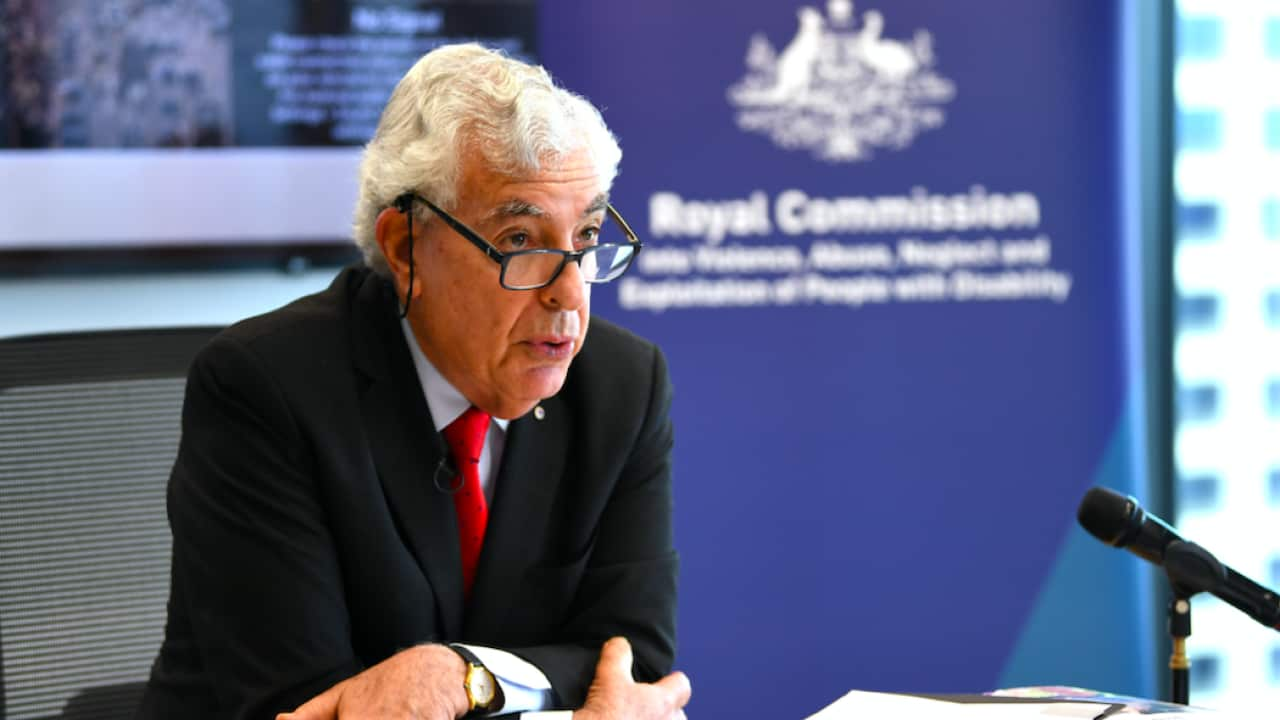Culturally and linguistically diverse (CALD) people with disability in Australia are being asked to share their stories to help authorities improve responses to discrimination and abuse in the future.
The Royal Commission into Violence, Abuse, Neglect and Exploitation of People with Disability , asking people with disability from CALD backgrounds and their supporters to help shape the inquiry’s work going forward.
The paper notes there is a lack of data on disability in CALD communities, and that available information suggests migrants with disability are likely to be especially vulnerable to violence and abuse.
“We want to hear about the attitudes and understanding of disability within culturally and linguistically diverse communities,” it reads.
"We want to understand what they mean for the person with disability, their interactions with their communities and in broader society, and how this plays out across their lives.”
The inquiry is seeking a better understanding of the experiences of some particular CALD groups with disability, such as refugees, temporary visa holders, people in immigration detention, women and children.
National Ethnic Disability Alliance policy and projects officer Dominic Hồng Ɖức Golding said attitudes towards disability can differ between cultures.
He welcomed the release of the issues paper and said it was important for the royal commission to hear from CALD people.
“It’s a very broad-ranging issues paper and we have been working with our member organisations to encourage people from CALD backgrounds with disability to come forward to raise whatever issues they feel needs addressing,” he said.
Mr Hồng Ɖức Golding, who gave his own witness statement to the royal commission in December, said he would like to see a public hearing dedicated to CALD people with disability and the issues they face.
The inquiry has already received more than 2,000 submissions and 468 responses to 12 issues papers, according to its website.
It has held 11 public hearings so far, including , employment, education, and -specific ones.
Responses to the issues paper can be in writing, audio or video in any language. The inquiry is encouraging responses by 11 June, but they will also be accepted after that date.
In October, the chair of the commission to complete its work, describing the process as “not a sprint” but “a marathon”.
There has also been concern people with lived experience of disability at the inquiry, prompting concerns from advocates it was overlooking key evidence.










